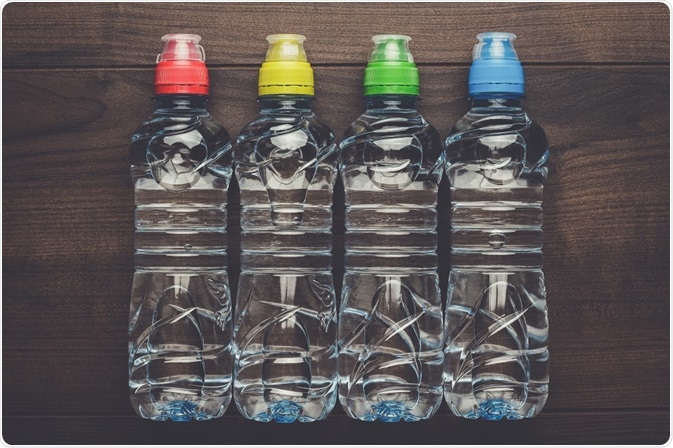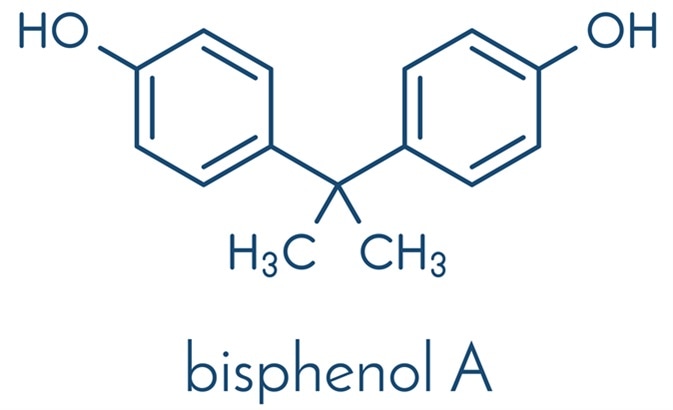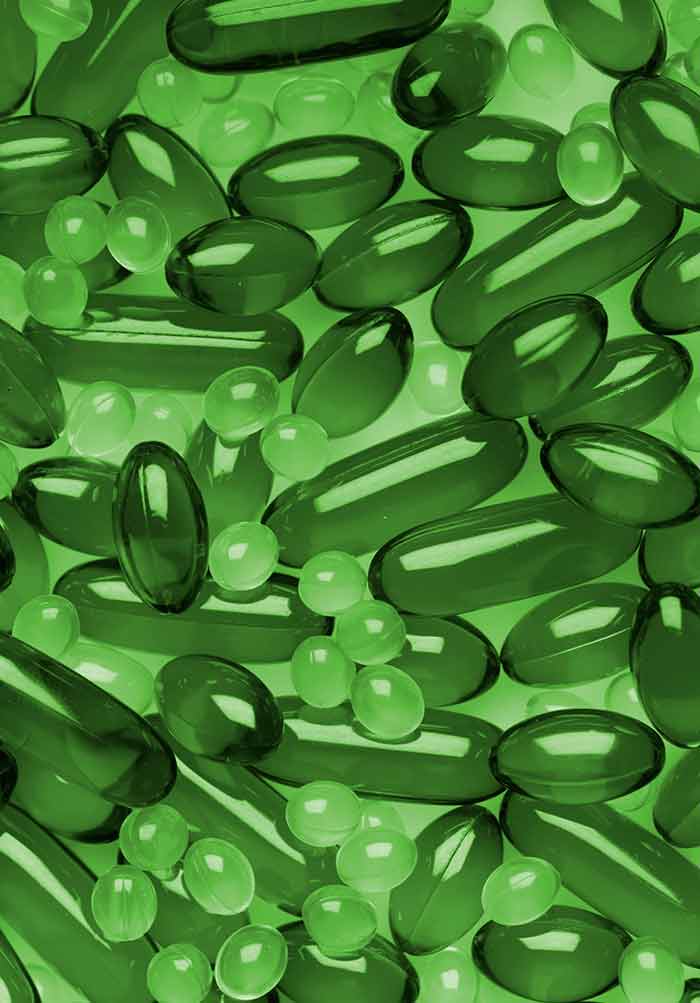Reducing exposure to bisphenol A (BPA)

Bisphenol A (BPA) is an inorganic compound used in the production of polycarbonate (PC) plastics and epoxy resins. PC plastics are hard and are used in manufacturing baby bottles, reusable water bottles, food containers, tableware, and other storage containers. Epoxy resins are coated on the inner linings of metal containers such as food cans, bottle tops, and water supply tubing, in order to prevent corrosion of the metal leading to contamination of the stored food products.

Bisphenol A (BPA) Health Effects

Chronic exposure of bisphenol A impairs carbohydrate and lipid metabolism by altering corresponding enzymatic and metabolic pathways - ScienceDirect

Human exposure to BPA and its consequent metabolism

Effects of Bisphenol A Metabolite 4-Methyl-2,4-bis(4-hydroxyphenyl)pent-1-ene on Lung Function and Type 2 Pulmonary Alveolar Epithelial Cell Growth

Bisphenol-A (BPA) Exposure as a Risk Factor for Non-Communicable Diseases

What BPA can do to our bodies—and how to limit your exposure

Prostate Health: Problems, symptoms and solutions – La Boite à Grains

Impact of Bisphenol A on Structure and Function of Mitochondria: A Critical Review

Bisphenol A (BPA): The FDA's Position







